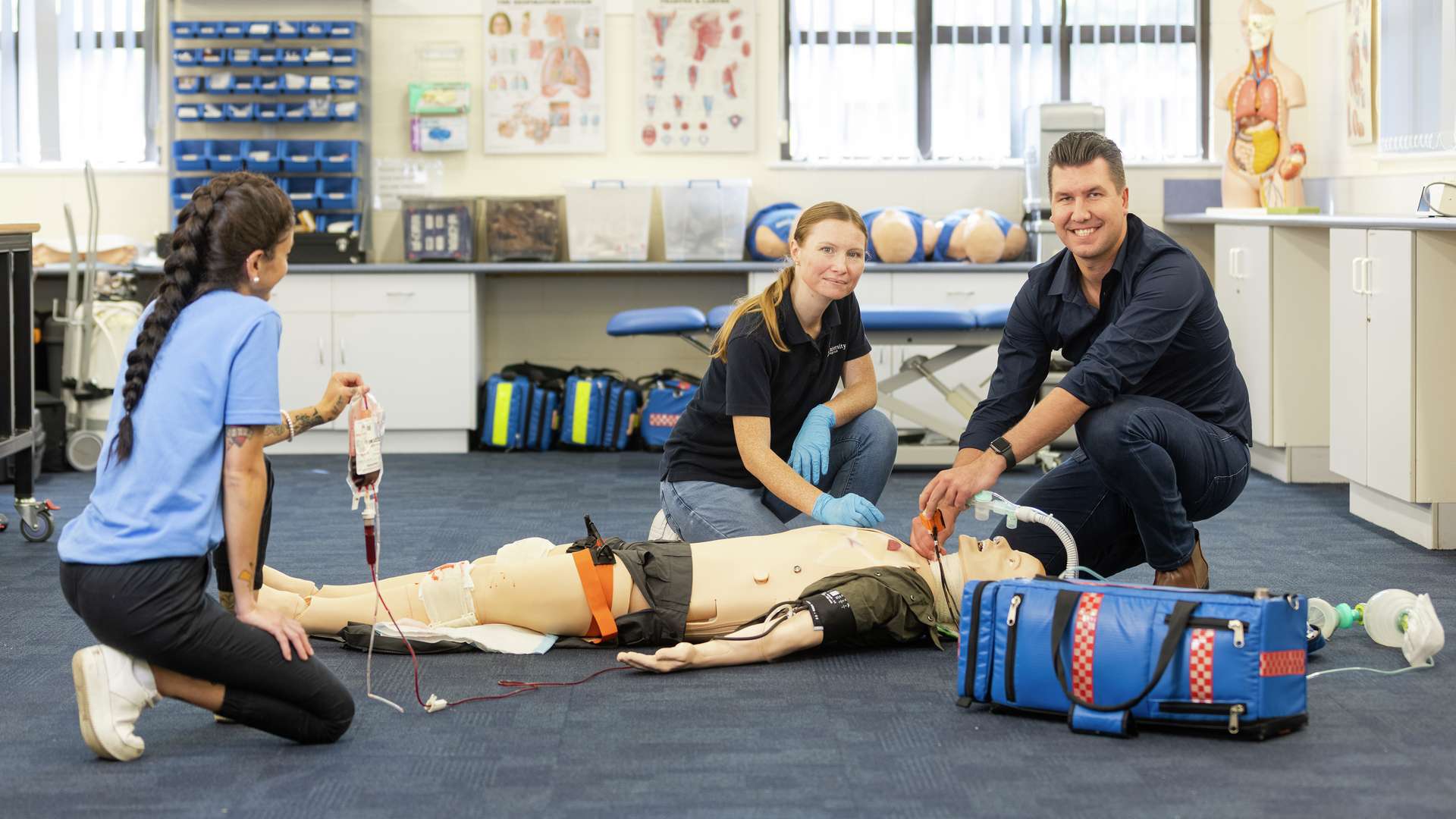The course is designed to provide you with a comprehensive understanding of counter-terrorism and operational medicine. You'll gain critical thinking, problem-solving, communication, and leadership skills necessary for success in dynamic and high-pressure situations. You will learn to apply these skills in a range of situations, including counter-terrorism operations and other high-risk scenarios.
The course combines theoretical knowledge, practical exercises, and hands-on training to equip you with new clinical knowledge, skills, and interventions to manage trauma effectively in the field. You will learn how to assess, plan, prepare, and implement strategies for successful operations in civilian tactical environments, as well as how to operate in direct, indirect, high-threat, and prolonged field care environments.
By completing this course, you will be better equipped to handle the unique challenges of trauma care in dynamic and high-threat environments while maintaining a focus on clinical excellence and adherence to best practices in operational medicine.
Ultimately, the course aims to contribute to public safety and security by providing you, as a medical professional, with the tools you need to operate successfully in high-risk environments.
